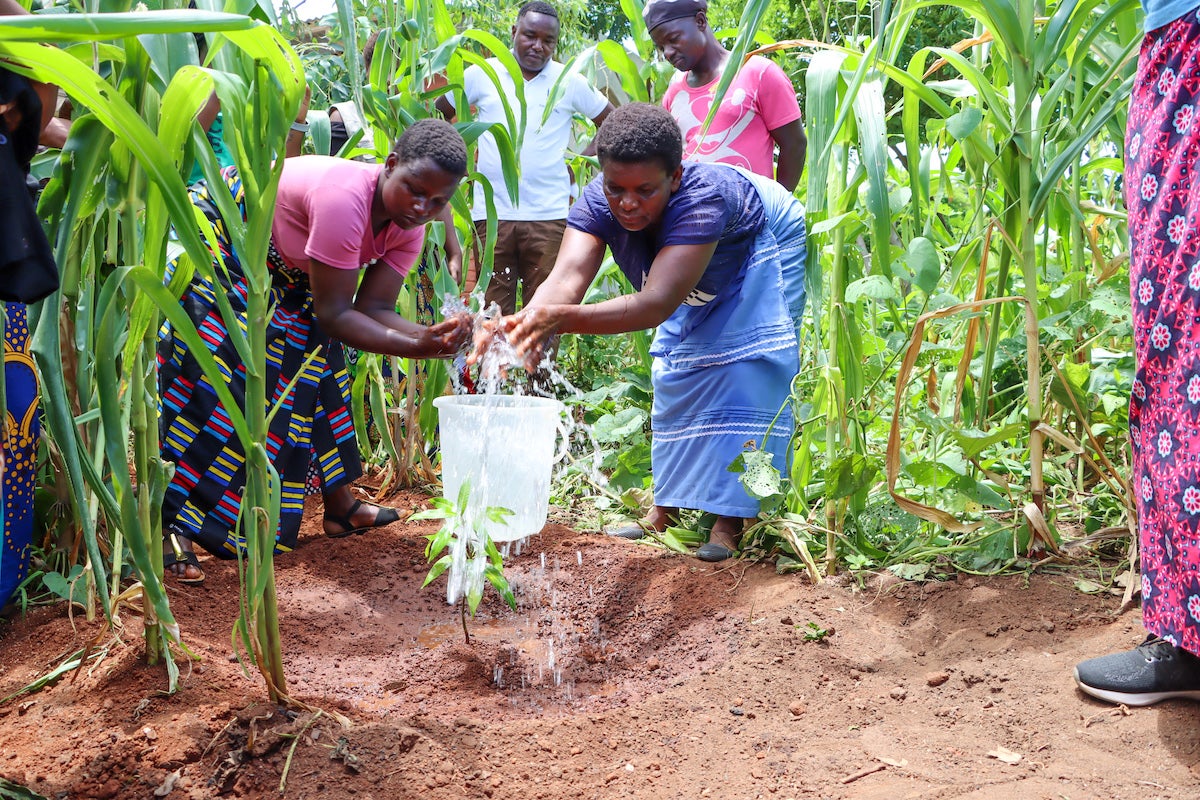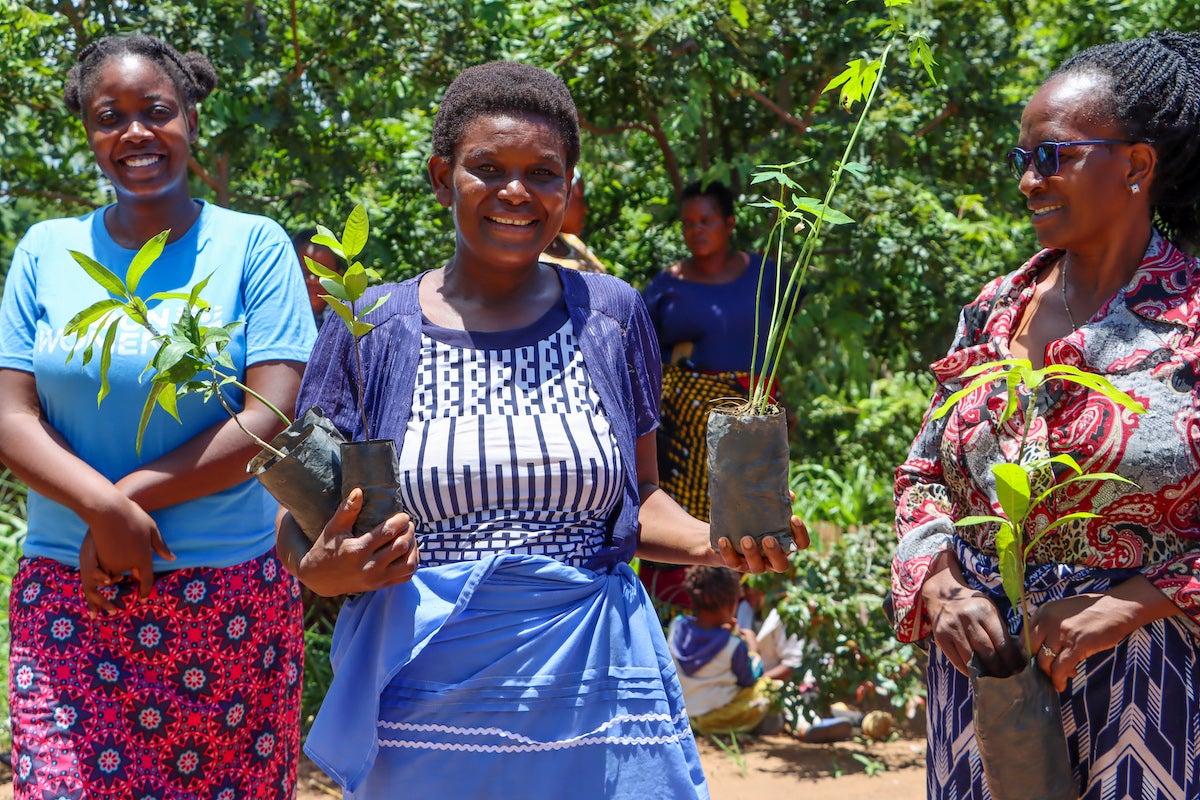Roots of resilience: How women transform communities
Date:
Biomass briquettes a beacon of change
Meet Rose Timbo, a spirited woman with a unwavering determination who is one of 1,156,819 females affected by Cyclone Freddy. She sits outside her modest home, stirring a pot of food over a crackling fire. But this isn’t just any fire—it’s fueled by something extraordinary: eco-friendly briquettes.

Rose’s innovation lies in turning agricultural waste and other biomass materials into these compact, sustainable biomass briquettes. They’re a clean, efficient alternative to traditional wood fuel. As Rose stirs, her actions ripple through the communities of Zomba and Blantyre, easing the impact of climate disasters.
For years, these districts grappled with impacts of climate induced disasters causing severe environmental degradation . The relentless demand for firewood scarred the land, leaving it vulnerable to floods and erratic weather. And who bore the brunt? Women and girls—the gatherers of firewood. Their health suffered, their productivity waned, and their lungs choked on indoor smoke.
UN Women’s Resilience to Disaster (WRD)
Recognizing the urgency, UN Women joined forces with CARE International and Christian Aid, empowering women like Rose Timbo. The Women’s Resilience to Disaster Programme, funded by the Australian Government is a beacon, focusing on building the resilience of 15,000 women and girls to disasters and threats through initiatives such as eco-friendly alternatives for cooking and heating. The programme focuses on tackling gender and climate through closing gender equality gaps in prevention, preparedness and recovery systems. Briquette making capacity building workshops sprouted, training 292 women and girls so far.This has been critical in reducing firewood dependency in communities, freeing time for more meaningful pursuits and providing extra income for women.
Timbo’s eyes sparkle as she shares her experience: “Before learning about how to make briquettes, I spent half my days searching for wood. Now, with these little fuel wonders, I can dedicate my time to village development work, farming and caring for my children. The additional income from selling briquettes has transformed our lives, allowing us to enjoy better food and improve our dietary diversity” she says.

Orchards of resilience
But the story branches further. WRD planted seeds—literally. Ten community orchards are blooming in communities in Blantyre. Fruit seedlings found new homes, tended by 262 women and 78 men in previously degraded land . These trees will contribute to stabilizing soil, and reducing impacts of floods and act as carbon sinks, bringing resilience against climate change.
The women and trees stand tall, their roots entwined. They’ve woven a safety net against disaster, proving that resilience blooms where women lead and nature thrives. Together, they’ve etched a sustainable legacy—one briquette, one seedling at a time.